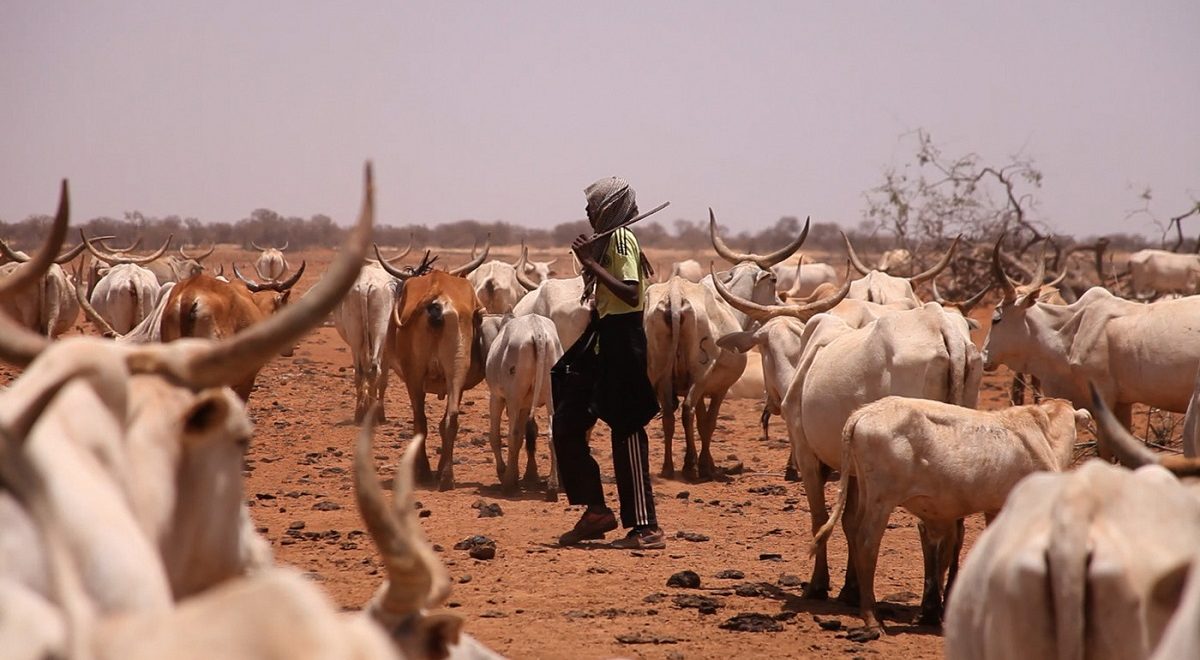Biofuels have a new booster: your pension and retirement fund. Retirement funds are buying millions of acres of farmland in the United States, Brazil, Australia, and elsewhere, citing the world’s growing need for food and raw materials. But these retirement funds aren’t interested in supporting small, family farms or local food systems. They want to make money, and that means expanding large-scale, monocrop agribusiness and industrial biofuels.
The retirement fund TIAA (formerly TIAA-CREF) – which manages the retirements of millions of teachers, professors, and school administrators – is the largest institutional investor of farmland in the world, controlling over 1.5 million acres of land, worth around $8 billion on at least three continents.
More than 95% of the crops produced on TIAA’s land are cash crops, not food crops, and the majority of them – corn, sugarcane, and soy – are used to produce dirty biofuels. In a 2011 note to investors, TIAA said that the biofuels industry is good for their bottom line because it raises land prices.
They also noted that by buying land, they are also buying sources of water, which may turn out to be even more valuable than the land in the future.
While these “investments” – or in plain language, land and water grabs – might be good for TIAA, we don’t think that teachers want to fund their retirement by expanding agribusiness and biofuels plantations.
And we know that these plantations destroy the livelihoods of the farmers and peasant communities who are losing their land as large financial firms move in.
In fact, a 2015 report provides detailed information that TIAA purchased farmland in the Brazilian state of Piaui from a known land grabber, Euclides de Carli, who is accused of threatening, attacking, and displacing hundreds of families from their land.
TIAA has denied the allegations but has refused to disclose the location of their investments and disprove the allegations.
A Brazilian judge, however, has looked into the case and has canceled hundreds of thousands of fraudulent land titles in the region of Santa Filomena, the region where TIAA purchased lands from Mr. de Carli. Land grabbers in Brazil like de Carli create fake land titles, then use hired muscle to force people off their farms and out of their homes. The researchers visited communities in this region and were told that the communities were “expelled from their lands”and then those lands were “fenced off” and protected by private security forces. The communities had to move to the “lowlands,” which allowed them to access water and catch fish, but they learned that even the lowlands are being grabbed and the communities have no way to survive.
There are actually laws in Brazil that limit land ownership by foreign entities, yet TIAA owns over 600,000 acres of Brazilian farmland. To get around the law, it created Brazilian companies, which it controls and funds, to buy the land for them.
TIAA has also enticed the Swedish and Canadian social security systems to join in the speculation on farmland, causing the retirements of millions of people from all of North America and parts of Europe to be funded by land grabs.
The land that is being grabbed is used to speculate in land markets, to control water sources, and to expand agribusiness – mainly producing soy – to feed the growing market for feed and biofuels. Soy biodiesel is increasingly being used to fuel vehicles, and as the Brazilian example shows, it is also fueling land grabs.
ActionAid USA is a partner in the global campaign to Reclaim Power, 31 days of action against dirty energy and the energy model that puts the interests of the elite over the needs of the people. Biofuels continue to drive the expansion of agribusiness, deforestation, land grabbing, and human rights violations and are not sources of “green” or “renewable” energy. We need to transform the model of energy and the model of agriculture that produces these violations, and we must hold financial firms accountable.
Pension funds are supposed to protect our futures, not endanger them.

